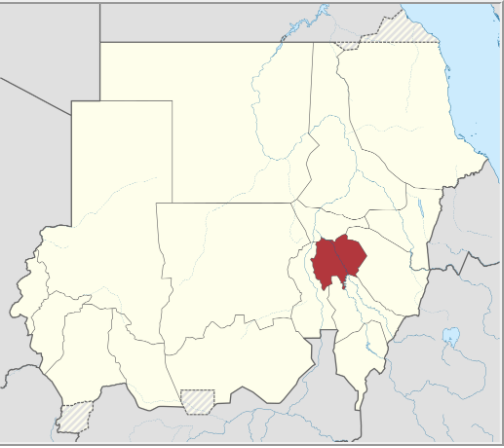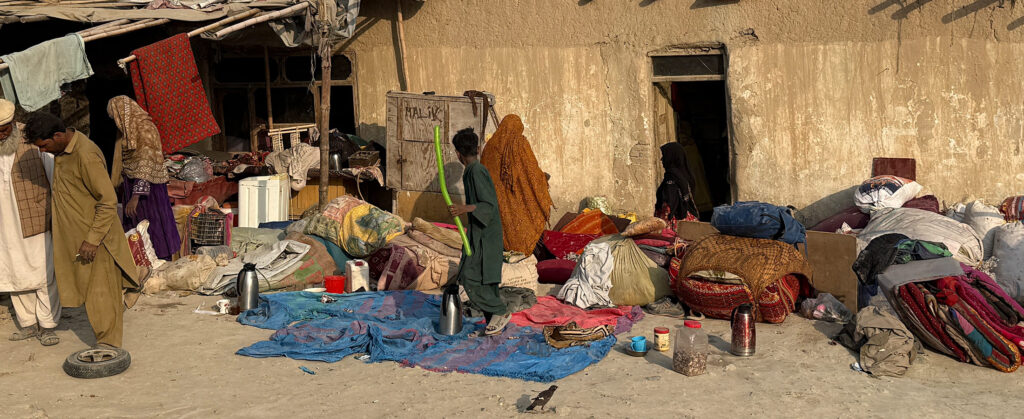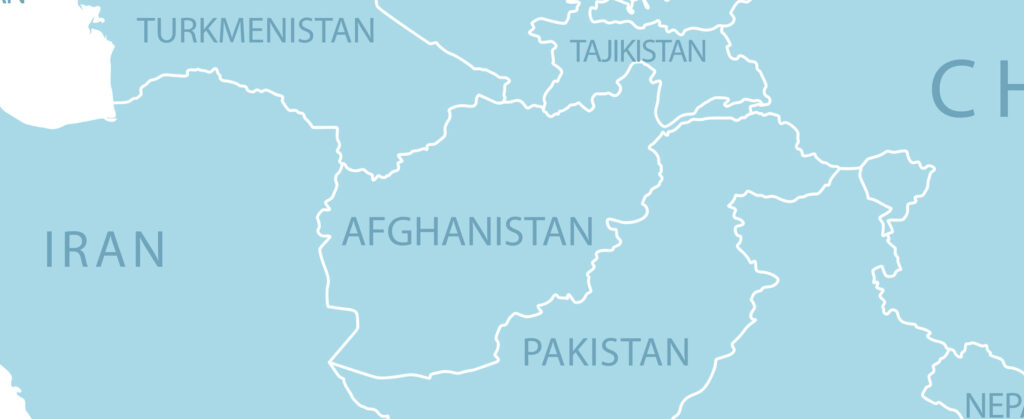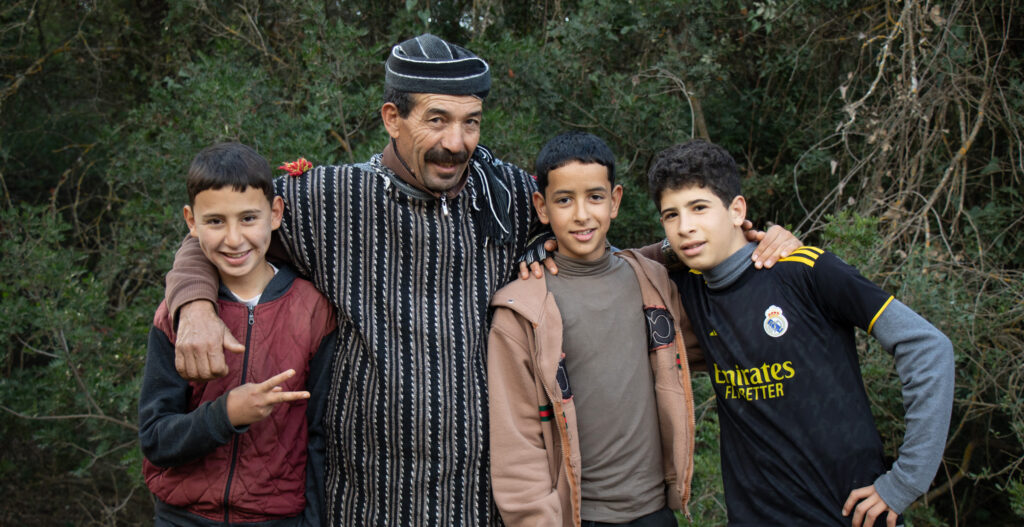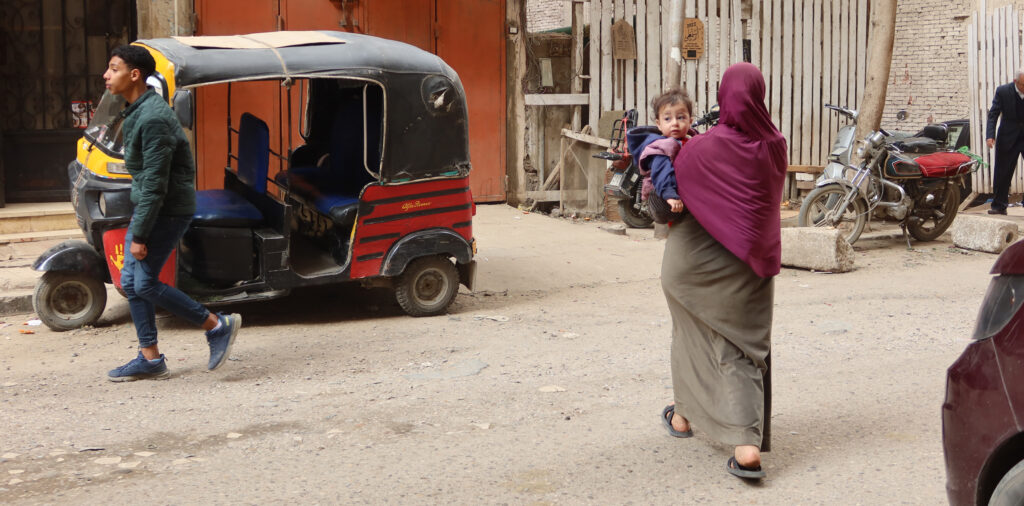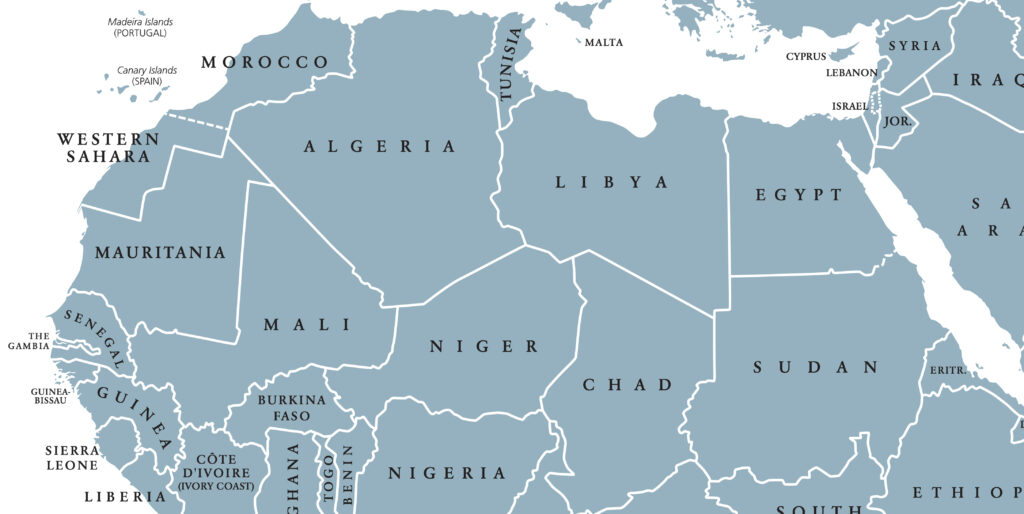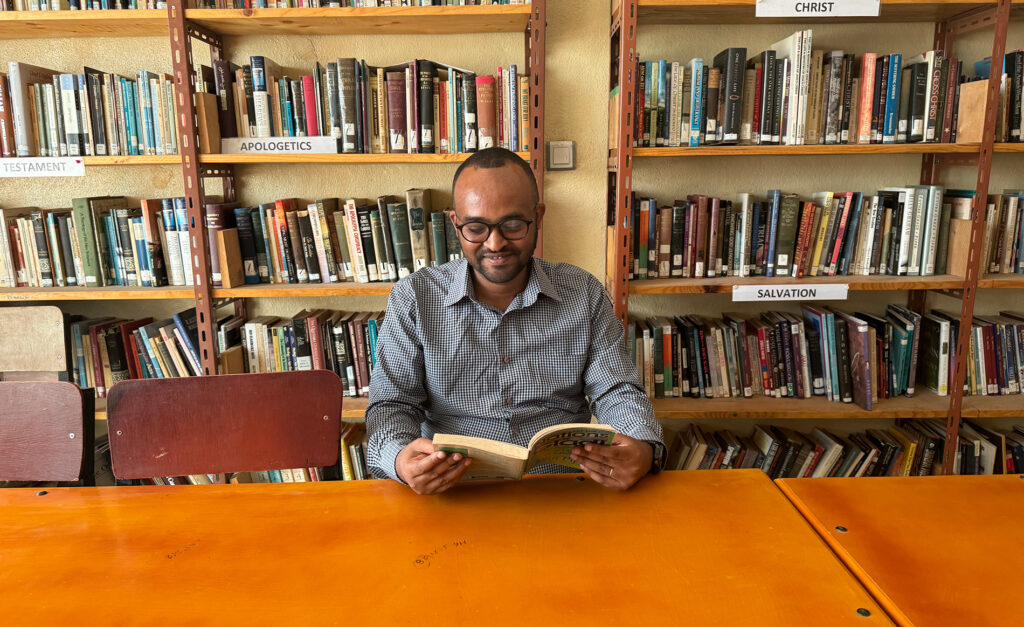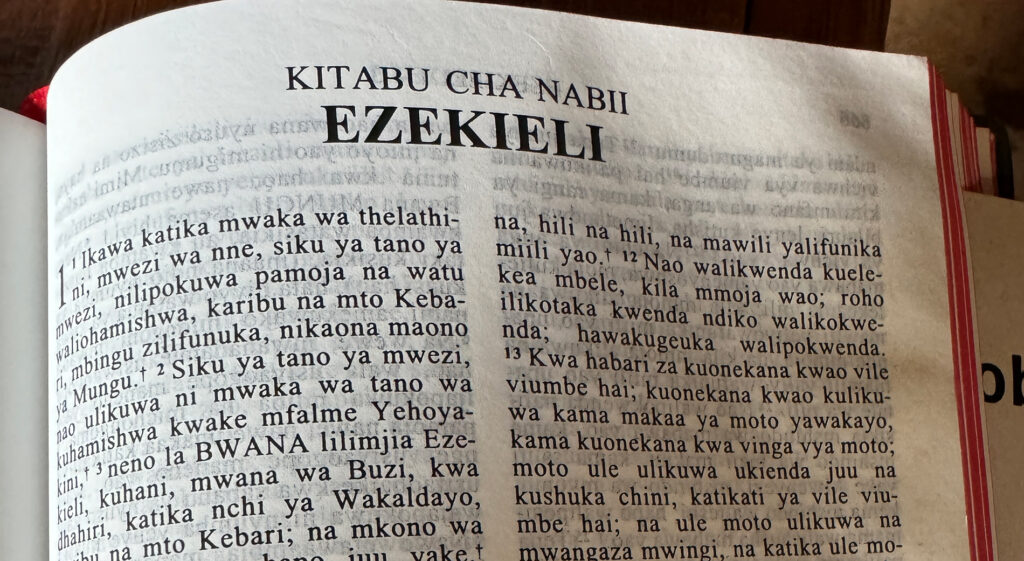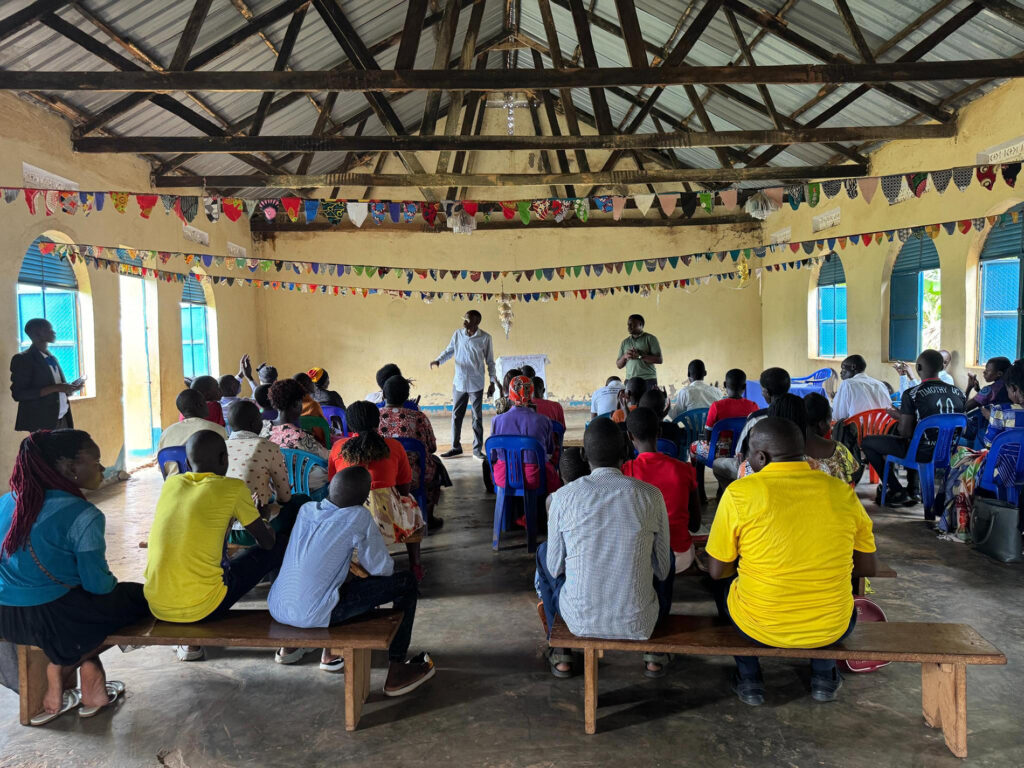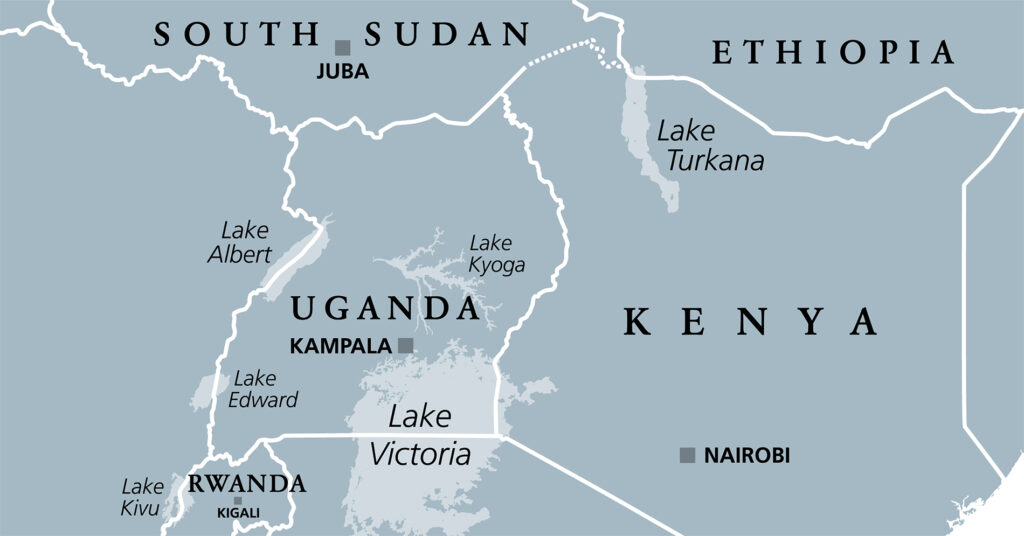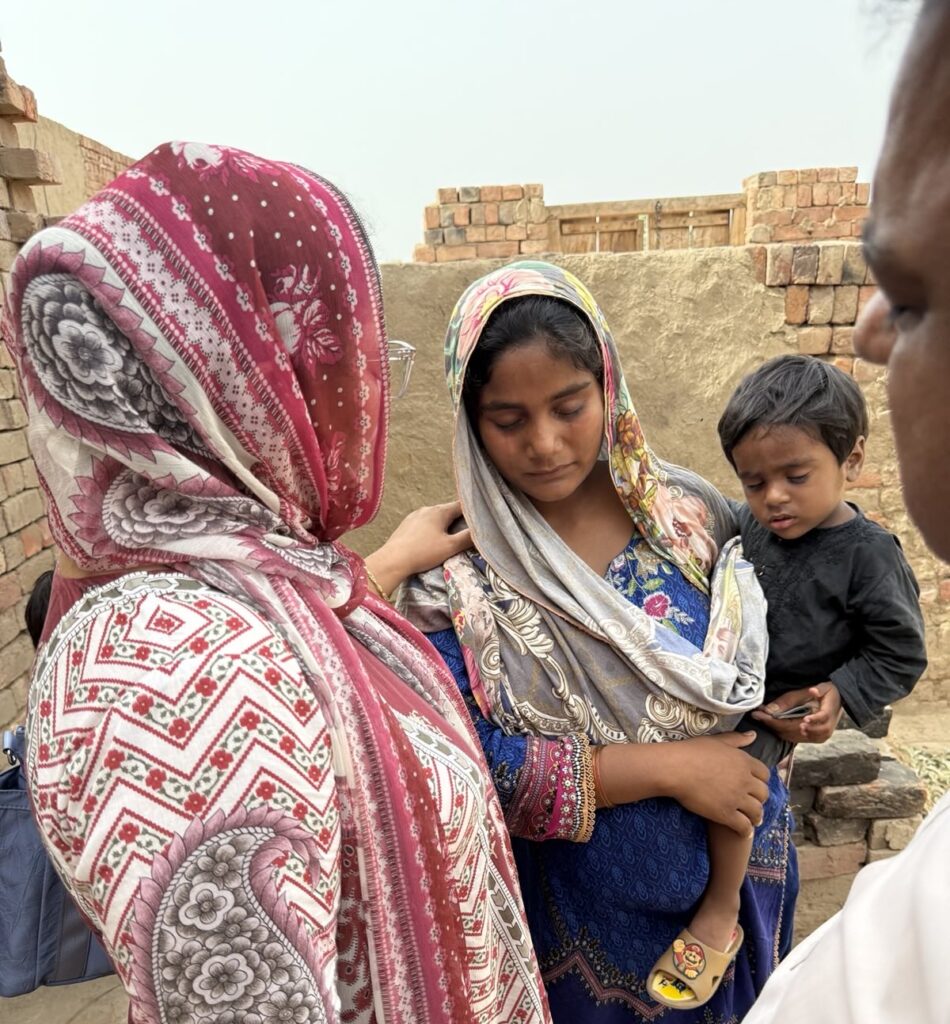JUBA, South Sudan, February 22, 2021 (Morning Star News) – A Christian leader in Sudan was detained and beaten on Friday (Feb. 19) for speaking out against the burning of a church building, sources said.
Masked men believed to be national security personnel seized Osama Saeed Kodi, chairman of the Christian Youth Union of Al Jazirah state, on Friday morning (Feb. 19), handcuffed him and blindfolded him, Christian leaders in Sudan said.
“They told him, ‘We will kill you if you continue with Christian activities in Tambul,’” said one church leader, whose name is withheld for security reasons.
They beat him and threatened to kill him if he continued voicing objections to the burning of a Sudanese Church of Christ (SCOC) worship hall in Tambul, and then released him after a few hours, the sources said.
“I have been brutally beaten by national security personnel on my chest and on my right leg,” Kodi told Christian leaders in Al Jazirah state. “I am still in pain as a result of this beating. I thank all those who stood with me during the detention. I shall continue to defend the right of the church despite all these obstacles.”
Suspected Muslim extremists on Jan. 3 set fire to the church building, the only worship hall in Tambul, which is used by various denominations in the rural area. It was set ablaze shortly after SCOC members left their Sunday service.
With church burnings continuing through last year following the deposing of President Omar al-Bashir in April 2019, church leaders and other Christians in Sudan are concerned that persecution is continuing under a transitional government that has promoted religious liberty.
Opposition to Christian TV
At the same time, hard-line Muslims last week urged government officials to ban TV programs with Christian content following the airing of a Christian program on the Sudan TV network, the Sudan National Broadcasting Corp., earlier this month, Christian leaders said.
The broadcast of “Sunday Meeting” (Likha Al Ahad in Arabic), the only Christian program in Sudan, sparked widespread anger among radical Muslims. Discussing forgiveness of sins through Jesus Christ, it attracted mixed reactions, including outrage among Muslim leaders on social media.
“Christians and Jews are not only infidels, but they are cursed by Allah,” Muzemil Fakhiri, a well-known imam in Sudan, said in a Facebook video in Arabic, saying Christians do not deserve a place on national TV to promote a faith.
Fakhiri told his audience that the Bible of Christians is corrupt and blamed Sudan TV for broadcasting a Christian program instead of live airing of Muslim Friday prayers. He asserted that Sudan is an Islamic country.
“Now Sudan TV is openly broadcasting infidel programs instead of playing Islamic programs,” Fakhiri said. “Yes, Christians are infidels.”
Christianity is meaningless and irrational, he said, asserting that Christ cannot be God.
“If Jesus was God, how can it be that he was killed by human beings?” Fakhiri said, adding that the crucifixion of Christ by human beings was proof that the God of Christianity is weak. “This is not logical.”
Sudan’s recent Fundamental Rights and Freedoms Act prohibits the labeling of any group as “infidels,” (takfir), the U.S. Commission on International Religious Freedom (USCIRF) noted in a September 2020 report.
In light of advances in religious freedom since Bashir was ousted in April 2019, the U.S. State Department announced on Dec. 20, 2019 that Sudan had been removed from the list of Countries of Particular Concern (CPC) that engage in or tolerate “systematic, ongoing and egregious violations of religious freedom” and was upgraded to a watch list. Sudan had been designated a CPC by the U.S. State Department since 1999.
The transitional government sworn in on Sept. 8, 2019 led by Prime Minister Abdalla Hamdok, an economist, has been tasked with governing during a transition period of 39 months. It faces the challenges of rooting out longstanding corruption and an Islamist “deep state” rooted in Bashir’s 30 years of power.
After Bashir was deposed, military leaders initially formed a military council to rule the country, but further demonstrations led them to accept a transitional government of civilians and military figures, with a predominantly civilian government to be democratically elected in three years. Christians were expected to have greater voice under the new administration.
Following the secession of South Sudan in 2011, Bashir had vowed to adopt a stricter version of sharia (Islamic law) and recognize only Islamic culture and the Arabic language. Church leaders said Sudanese authorities demolished or confiscated churches and limited Christian literature on the pretext that most Christians had left the country following South Sudan’s secession.
In April 2013 the then-Sudanese Minister of Guidance and Endowments announced that no new licenses would be granted for building new churches in Sudan, citing a decrease in the South Sudanese population. Sudan since 2012 had expelled foreign Christians and bulldozed church buildings. Besides raiding Christian bookstores and arresting Christians, authorities threatened to kill South Sudanese Christians who did not leave or cooperate with them in their effort to find other Christians.
Sudan ranked 13th on Christian support organization Open Doors’ 2021 World Watch List of the countries where it is most difficult to be a Christian.
